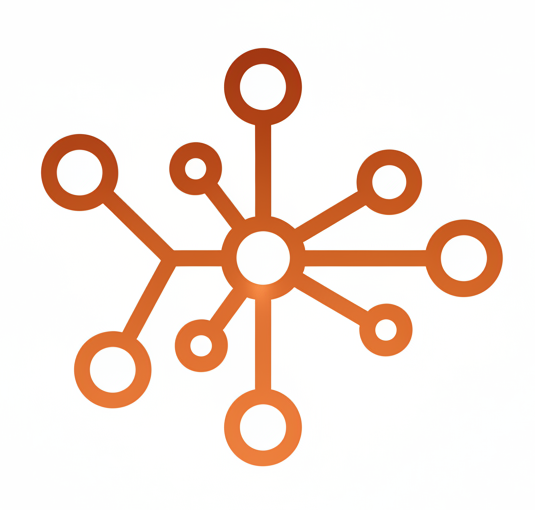Introduction
Physicians manage vast, ever-evolving bodies of knowledge—guidelines, pathways, differential diagnoses, and literature across specialties. AI-powered mind maps help clinicians externalize and organize complexity into visual structures that are fast to scan and easy to update. With getMindmap, doctors can synthesize papers, compare protocols, and maintain living knowledge maps that improve decision-making at the point of care.
Why Visual Knowledge Works in Medicine
- Pattern recognition: Visual clustering reflects how experts reason about syndromes and presentations.
- Reduced cognitive load: Maps compress detail into hierarchical structure and links to sources.
- Faster refresh: Visuals accelerate review before clinics, ward rounds, and boards.
Core Use Cases
Differential Diagnosis Mapping
Build maps from presenting complaints to differentials, investigations, red flags, and management. Add guideline links and evidence strength.
Guideline Comparison and Updates
Layer multiple society guidelines in a single visual to spot alignment and conflict. Use AI to summarize changes between versions.
Literature Synthesis
Convert key papers into structured concept maps—study question, design, endpoints, outcomes, limitations—and connect them to practice implications.
Workflow in getMindmap
- Collect sources: Paste abstracts, guidelines, and notes.
- Generate an initial map: Use AI extraction to identify entities, relationships, and levels of evidence.
- Refine branches: Add diagnostic criteria, contraindications, and dosing nuances.
- Link resources: Attach PDFs, DOIs, and institutional protocols.
- Share and iterate: Keep service or clinic-specific versions up to date.
Safety and Governance
- Track sources and dates to maintain provenance.
- Mark institutional policies clearly and separate from external guidelines.
- Use private workspaces for PHI; avoid uploading identifying information.
Outcomes
- Faster onboarding for trainees and rotating residents.
- Consistent practice across teams and sites.
- Better retention of rare but critical pathways.
Conclusion
AI mind maps convert medical complexity into a living, navigable knowledge system. With getMindmap, physicians can learn faster, collaborate better, and make confident decisions grounded in current evidence.
